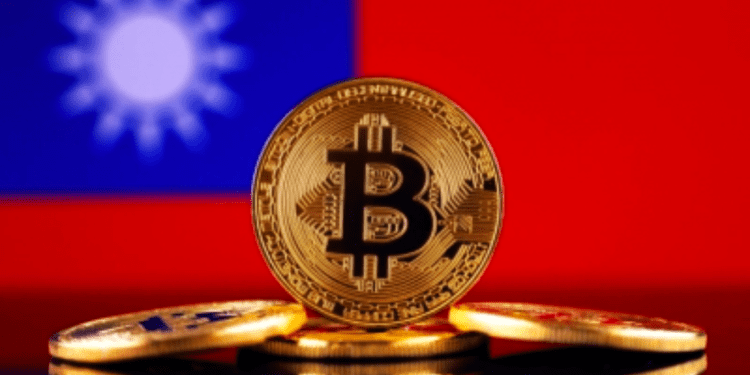- Taiwan’s Financial Supervisory Commission (FSC) confirmed as the chief regulator for the cryptocurrency market, providing a structured approach to the growing industry.
- The FSC plans to collaborate with industry stakeholders to define regulatory operations, starting with the formation of a self-regulatory body.
- Non-fungible tokens (NFTs) will not be regulated by the FSC, as it is considered too early to establish guidelines for this emerging asset class.
In a significant development for Taiwan’s cryptocurrency industry, the country’s Financial Supervisory Commission (FSC) has announced plans to regulate the crypto market, sparking optimism among industry stakeholders. This comes after the FTX collapse and increasing demand for regulation in the fast-growing crypto space.
FSC Confirmed as Crypto Regulator
As initially reported by Bloomberg, Huang Tien-mu, the chairman of the FSC, confirmed to lawmakers during a parliamentary hearing on global banking stability that the FSC will be responsible for regulating cryptocurrency in Taiwan. With this announcement, Taiwan steps towards establishing a more structured and secure crypto market, keeping pace with other countries in the Asia-Pacific region that have already adopted similar measures.
Industry leaders have welcomed the news. Wayne Huang, co-founder, and CEO of XREX, believes that regulation is essential for the growth of the crypto market. He envisions industry collaboration with the FSC to define regulatory operations, starting with forming an industry self-regulatory body to help develop a set of rules.
Initial Focus and NFT Exclusion
While the FSC is set to oversee cryptocurrency regulation, non-fungible tokens (NFTs) will not fall under its purview. The FSC has deemed it too early to regulate NFTs, considering their emerging status as an asset class. XREX’s Huang explains that due to the diverse range of applications for NFTs, the FSC will likely require more time to develop a comprehensive set of classification guidelines for this asset type.
Taiwan’s financial regulatory landscape consists of two main bodies: the Central Bank of the Republic of China and the FSC. While the Central Bank handles monetary policy and foreign exchange regulations, the FSC oversees a broad range of areas, from banking regulation and securities and futures to anti-money laundering. According to Alex Liu, CEO of Maicoin, striking the right balance between fostering innovation and protecting investors will be crucial.
Timeline and Future Developments
Taiwan has historically maintained a hands-off approach to crypto regulation, focusing primarily on controlling money laundering. In September, authorities approved 24 crypto platforms under the island’s anti-money laundering compliance system. However, the fallout from the FTX collapse has accelerated Taiwan’s push towards more comprehensive regulation, as the country’s citizens were among the largest per capita users of the exchange.
Lawmakers in Taiwan are expected to finalize an initial framework for crypto regulation by June, with a draft to follow later this year. The FSC plans to work closely with industry participants on self-regulation measures once the primary regulator and general guidelines are in place. This collaborative approach will allow the FSC to develop a clear, compelling, and fair regulatory framework that fosters innovation while safeguarding investors’ interests.














